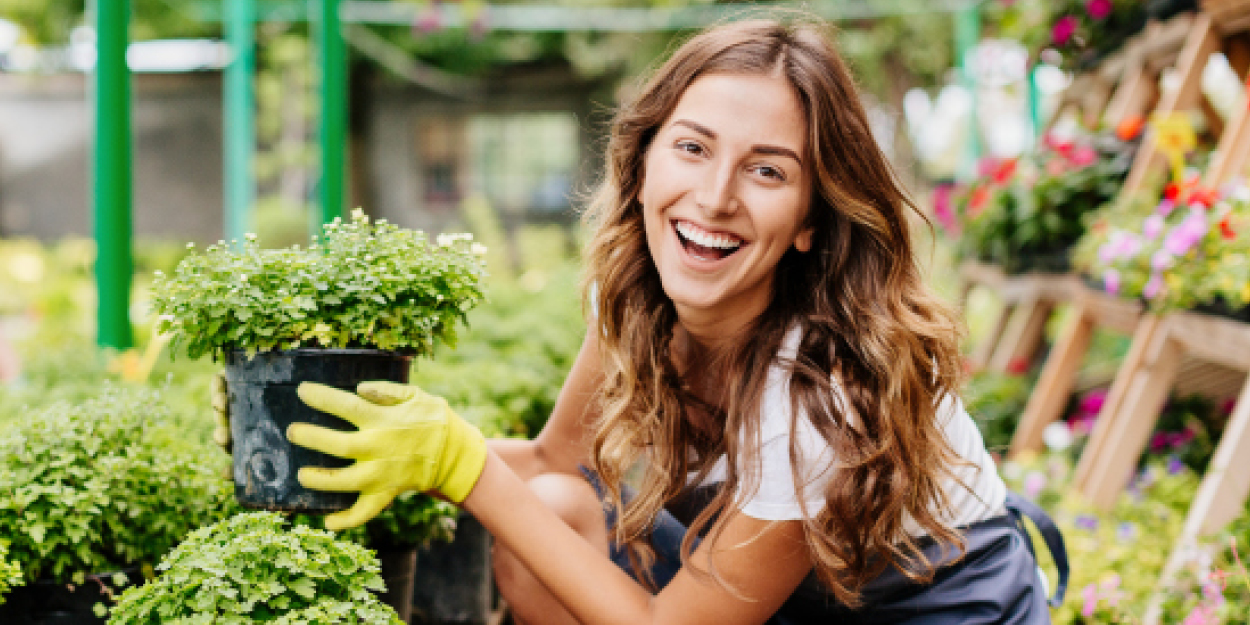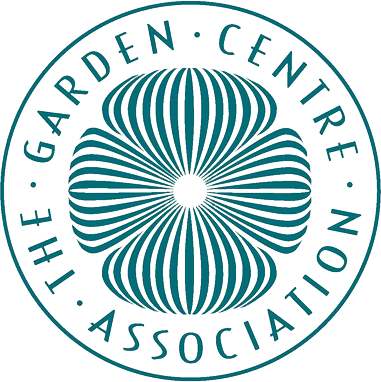The Advantages of Peat Free Compost
August 19th, 2021 | Categories
Peat free compost is growing in popularity and rightly so. As a growing medium it has never been better, with many multi-purpose peat free composts emerging that are as good if not better than peat compost and other growing mediums for the average gardener.
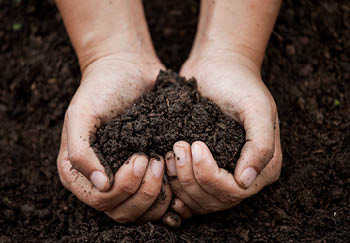
What is Peat Free Compost?
Peat free compost is just like the name suggests, it’s compost without peat and today we have a good choice of peat-free composts that perform very well. Peat compost alternatives have varied in quality since their initial appearance back in the 1970s. Initial attempts at peat free compost used combinations of organic materials with too much green waste and grasses that didn’t give gardeners the consistent results they needed. As a result, and as you would expect, they weren’t adopted much. Back then, they were also not suitable as a multipurpose compost which meant a restriction on the types of plants it could be used for. Naturally, such constraints made it even more unpopular.
Today though, peat free composts have developed in leaps and bounds, with better combinations of organic materials worked out – bark, wood, and coconut fibre to name a few – and are now suitable as multipurpose composts. This in turn has given peat free composts more consistent results as a growing medium performing as well as peat compost in many areas like drainage, water retention, and air to allow the sowing of seeds to planting younger and even transplanting established plants. It may have a different look to peat composts, but the proof is in the growing, and it has been established to do this consistently well now.
There are now many brands of sustainable 100% peat free multi-purpose composts on the market now like New Horizon – a blend of loam and plant fibre – that is doing very well outselling many other composts for the variety of use cases it can be applied to. There are now even specialist peat free vegetable and fruit composts with different organic blends suited to these types of plants.
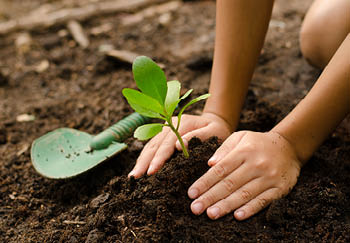
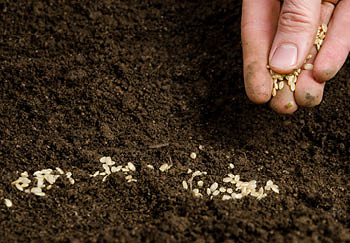
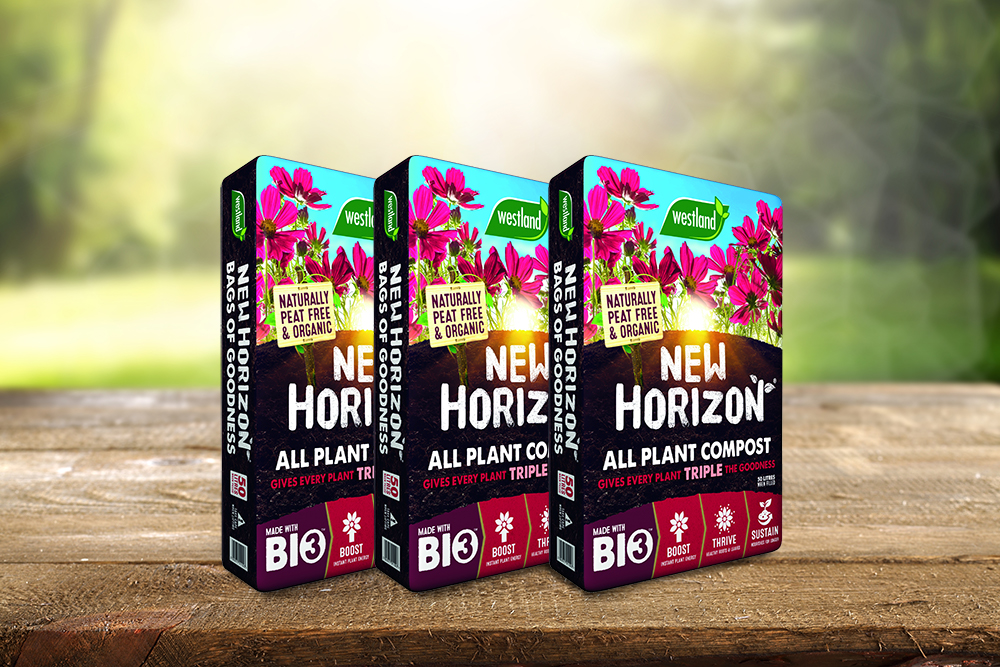
What are the Advantages of Peat Free Compost?
There are now many advantages to peat-free composts in gardening because of the vast amount of research that has gone into it. Besides peat-free composts being better for the environment and made from sustainable organic materials, it’s starting to become clear that most mixes of peat free compost are extremely high in nutrients, and are bulky, which make them great soil improvers over others that can be too fine. Peat free compost suits a variety of use cases, but is ideal for potting up established seedlings, general repotting, and also working into existing a garden and topsoil mix as a further improver.
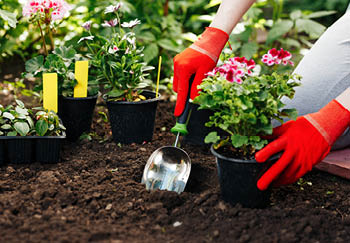
Tips When Using Peat Free Compost
Peat free compost is great but can be a little clumpy requiring some aeration. The bulkiness can make it slightly less of an appealing medium for planting from seed or young seedlings. It is easy to rectify this though. It can be mixed with vermiculite to give it a nice open structure and aeration, which makes it ideal for seeds to germinate. Watch out for peat free compost being dry on the top as quite often the bulk underneath is still moist. Use your finger to test the top 2-3 inches.

What is Peat Free Compost Made From?
Typically, most peat-free composts are made up using with different organic mixes or additions depending on whether it is multi purpose, or something more specialist for certain types of plants, or fruits or vegetables:
- Wood Fibres
- Composted Bark
- Coir
- Added Fertilisers
- Green Waste (though to a lesser extent or not at all)
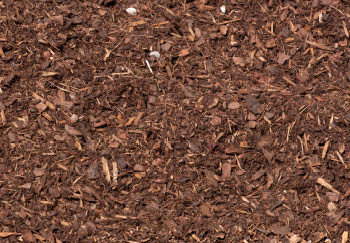
Even Try Making Your Own Compost
If you’d like to have a go making your own peat-free compost – which is actually far easier than you may think – take a look at our guide to composting at home. Composting kitchen waste like fruits, veg, any peelings, even things like old newspaper and tea bags, are all things that could go into making your own compost at home. As you can see, you likely have most of the materials needed, or they are easy for you to get. The only thing you are likely to need is a composting bin. Then all you need is time. If you do fancy having a go at doing your own compost at home then try searching online for a few guides on what to put in it, experiment with your own mixes for your specific plants, vegetables and or trees. We know many a gardener who once tried this have never switched back!
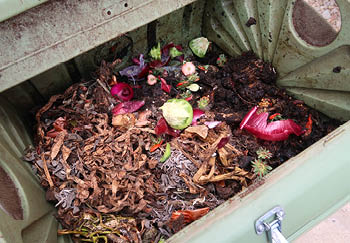
Peat Free Has Been Put to the Test
The case for using peat free compost has never been stronger with all the benefits it provides. It really is a winner when it comes to the ease and applicability of use cases from shrubs to vegetables to trees. Thanks to a lot of research, it is extremely high in nutrients, which slowly release over a period of months, meaning you don’t need to worry about ongoing ways to add nutrients to your plants, at least not for a while. Once you know how to use peat free compost in the right way, there should be no problems whatsoever when it comes using it for your plants. Once you try it, we’re confident you won’t turn back.
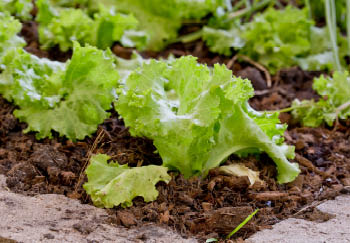
Useful Links
- Shop Online for Peat Free Compost
- How to Compost (Article)
- Getting to Grips with Compost (Article)
- What is Mulch & Mulching? (Article)




